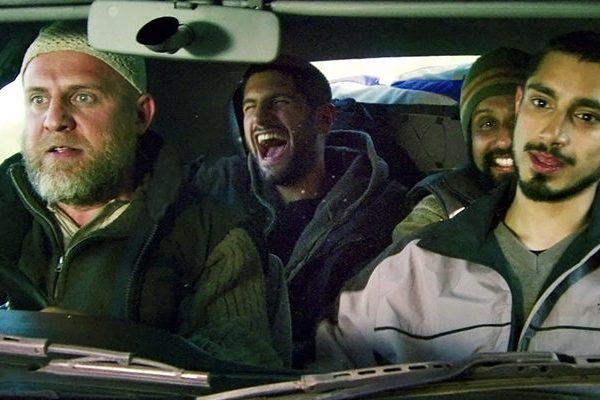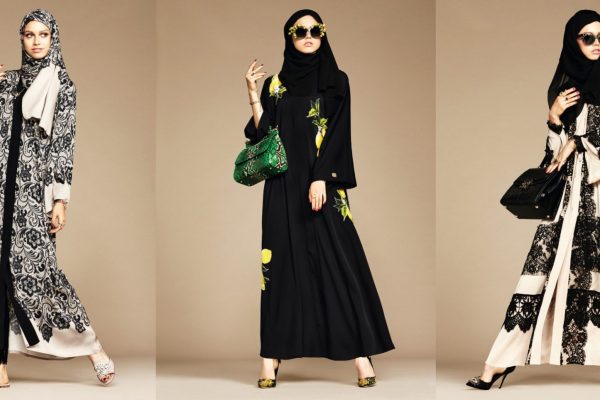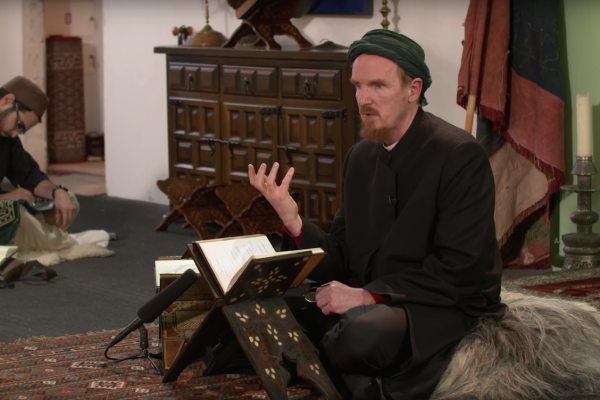I’m glad we have started a battle against body shaming; now we need to fight against age shaming. If we valued people with life experience as we should, women would not be afraid to let that experience show on their faces.
I’m glad we have started a battle against body shaming; now we need to fight against age shaming. If we valued people with life experience as we should, women would not be afraid to let that experience show on their faces.
Fans and TV hosts always marvel that Jennifer Aniston “doesn’t age.” While she does deserve the compliment, with her impressively smooth skin and slim physique at 49 years old, to me she looks pained. I think it’s because society does not allow her to age.
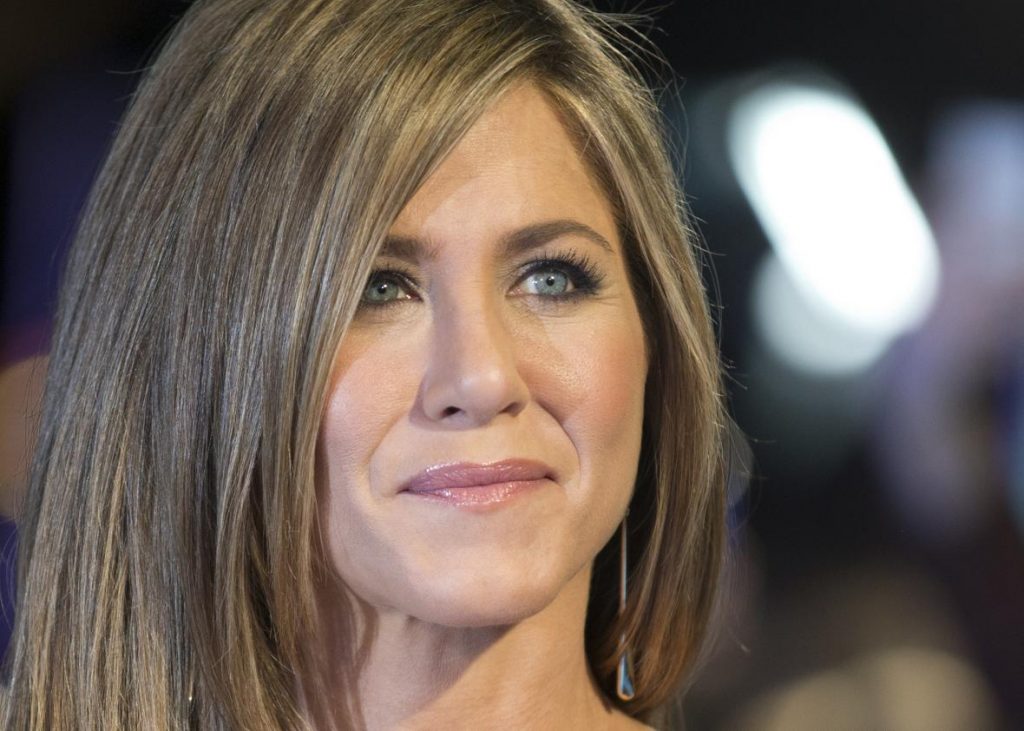
Our society values youth and nuance. High school teenage years are showcased as the best years of our lives, and anything after marriage is death. Mothers are pushed aside, yelled at, and expected to serve their kids. To get attention, they dress like teenagers: short skirts, tight shirts, spray tans and dyed blonde hair. I give these ladies props for maintaining a size six figure, but it would be nice if they didn’t feel they had to look like their teenage daughters to feel valued.
I don’t think the reason Americans value youth is because we are afraid of dying. I don’t think these women stay up late at night picturing themselves lying in coffins. I think it’s because they are afraid of being ignored and ridiculed for ‘letting themselves go’ simply for letting nature take its course. We continuously tell one another, ‘be yourself.’ We hear actresses say it on talk shows and we see it in makeup commercials and magazine ads. Yet everyone rushes out to get plastic surgery and Botox to hide wrinkles and keep a bouncy complexion. But the botulinum toxin in your eyelids is not you. The Korean baby foreskin in your cheeks (Sandra Bullock) is not you. However, a woman like Jamie Lee Curtis, with her natural gray hair and soft skin with wrinkles, is gorgeous to me because she really is being herself. She stands up to societal pressure to look “perfect” and says, “accept me as I am!”
Maybe they will tell me I don’t know what the pressure is like. It’s true. I get asked by everyone, “are you in school? How’s school?” Yet, I am now 35 (yay) and I have two Master’s degrees. It can be great not having wrinkles and having 20-year-old guys approach you, but because I look like I’m in high school, people often treat me like I am. They try to lecture me and boss me around. In turn, I sometimes act like a teenager, skirting marriage and other adult responsibilities. I rejoice at each white hair I get because it shows my age and wisdom (#whitehairdontcare).
My niece recently said, “you have white hair” and I was ecstatic that someone noticed. Before that, I felt like an ageless vampire. I have been floating through life, watching my brother and friends get married and have kids. In the meantime, I am still single and pursuing career goals (I’d still rather publish a book than have a baby). But I’ve felt the sting of aging too. In a span of 10 years, the percent of guys that approach me has declined by 90%. I now go to singles events or family parties and watch a group of guys chat with girls in their mid-twenties, and think: I remember those days. Meanwhile, I am in a group of fellow 30-year-olds and I’m lucky if a guy glares at me. I’ve finally accepted it though. You can’t always be the ingénue. It’s fun to get attention from a lot of guys, but in the end, it only matters if one special guy likes you.
As a Pakistani-American, I grew up with a culture that is the complete opposite. Older people are worshipped. At family parties, people trip over themselves to help their grandmother to a chair. You are chided if you do not greet an elderly person or visit them when they are sick. 50 and 60-year-old Pakistani women would laugh at the idea of getting plastic surgery to get attention because they don’t need to. Their kids regularly visit them and attend to their health. Their husbands are by their sides instead of chasing after 20-year-olds because they know youth is not the most important feature. However, old age is so honored that adults start acting old way before their time. 40 to 50-year-olds complain about heart conditions and that they need to be taken care of by their children. Their tummies grow soft and round with lack of exercise. At weddings, they sit and eat and watch the younger kids dance. Parents rule with an iron fist whether they’re right or wrong. Meanwhile, kids emulate the culture: gossiping, judging, and drinking chai with their friends after dinner. Although cultural pressure shadows the younger generation’s needs in favor of the older generation’s, it does maintain respect and adherence to family ties.
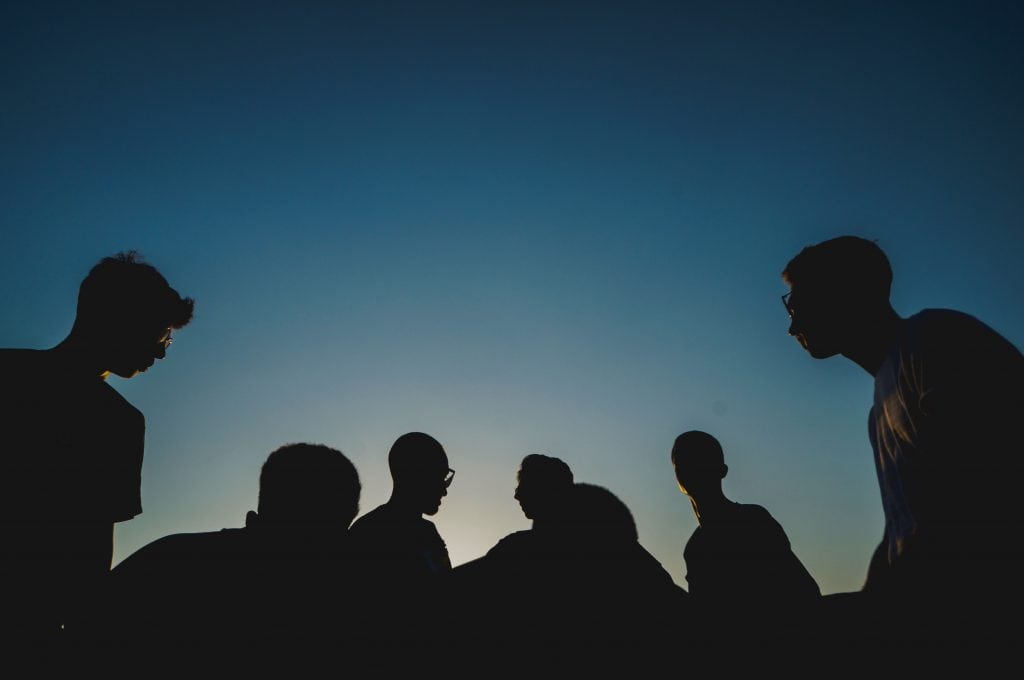
I admire the independence in American culture and I’m grateful that I grew up with it. Each person makes her/his own way without asking for help and stays physically active. However, we are not ageless and we are not invincible. There is a point in life when everyone needs help. When a person gets old, she/he should not be expected to take care of her/himself. They cannot. However, when I worked in a hospital as a Dietitian, I saw countless cases like this: a daughter lecturing her 80-year-old mother for not wanting to take care of herself and a 90-year-old great-grandmother who lived on her own. Legitimately needing help is not a sign of weakness or dependency, it is the fact of life. New things are cool, but old things have value and provide lessons.
My cousin visited from London and lamented that in the UK he can admire old buildings while driving, but there is nothing to see in the US. I had to agree; we have systematically knocked down every old library and Native American structure to make way for shiny new buildings to show that we have made our own mark. But we don’t know everything. We need things and people that have been around longer than we have to teach us about dire mistakes that we might be making. That is especially important now when a violent point in our history could be repeated. What is also more apparent in these volatile times is the saying, “don’t regret getting older; it is a privilege denied to many.”
As I get older, I value the years that I gain because I gain wisdom along with them. I know myself more in my thirties than I ever did. I value every positive experience that comes my way: book publications, compliments from a mentor, etc., because in my 20’s in college I was so ready to move on to the next phase that the moments — and guys — rushed by me. Now that they are fewer, I have the chance to appreciate them.
I’m glad we have started a battle against body shaming; now we need to fight against age shaming. If we valued people with life experience as we should, women would not be afraid to let that experience show on their faces.
So Jennifer Aniston, I think it’s great that you ‘don’t look your age.’ But if you want to, you can.
